Today we will talk about positional football, a game philosophy that is present in the vast majority of clubs today, being almost the “norm” in terms of strategies.
Johan Cruijff - The Father of Modern Football
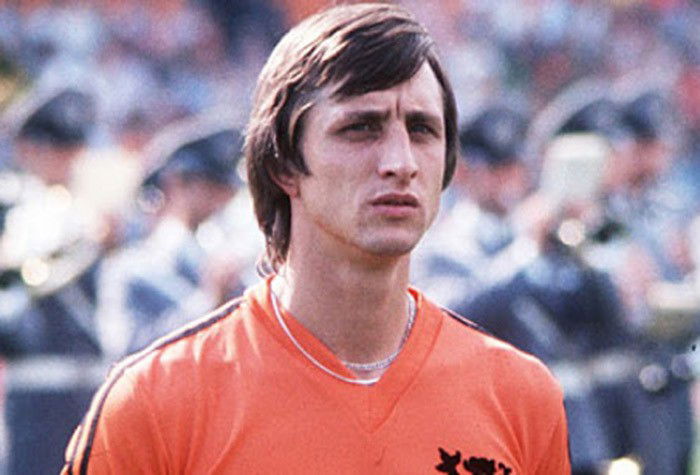
Johan Cruijff is considered by the IFHHS (International Federation of Football Statistics History) to be the second greatest footballer of the 20th century, just behind King Pelé.
During his coaching career, he was responsible for spreading “total football”, a strategic philosophy in which all players perform all functions on the field. This allowed players to freely change positions during the game, which also made the team's movements more fluid and passes easier to execute.
Johan Cruijff was the coach of Barcelona's “Dream Team”, a multi-champion team that enchanted Europe. In this team, he played as a midfielder, none other than Pep Guardiola, currently the most successful football coach of all, and loving the teachings of his mentor (Cruijff), is responsible for continuing and improving the philosophy of “total football” which today we call it positional football.
Main Idea of Positional Football
The main proposal of Positional Football is occupy the field intelligently using a formation called “Maximum Occupation”.
Ad
This formation positions players so that they form triangles with each other. This positioning facilitates diagonal passes between players, without them having to touch the ball many times, aiming for a dynamic and fluid game in which the ball passes from foot to foot until it reaches the goal.
This style of play is extremely efficient in practically all football concepts: ball possession, pressure, marking, numerical advantage and other concepts, all of which benefit from the positioning in triangles of positional football.
Below we see an example of a formation called “WM”, the most common formation in positional football. Notice the triangles and diamonds that the players form among themselves on the field.
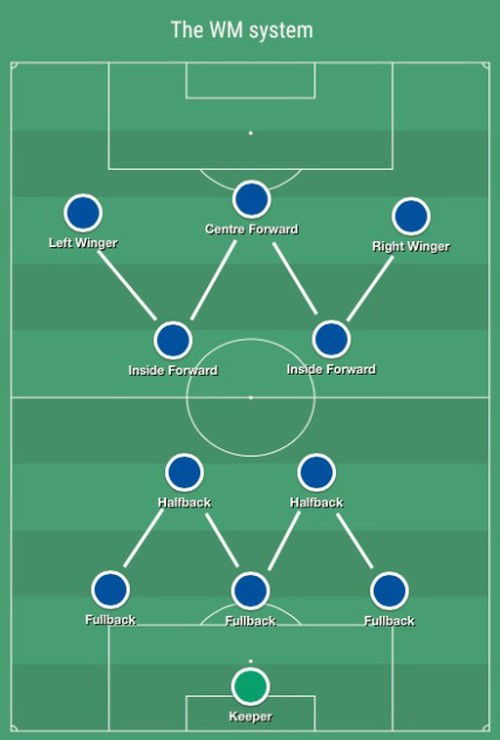
To understand better, we will now talk about how players occupy the field in an occupational formation.
Maximum Occupancy - how positioning works
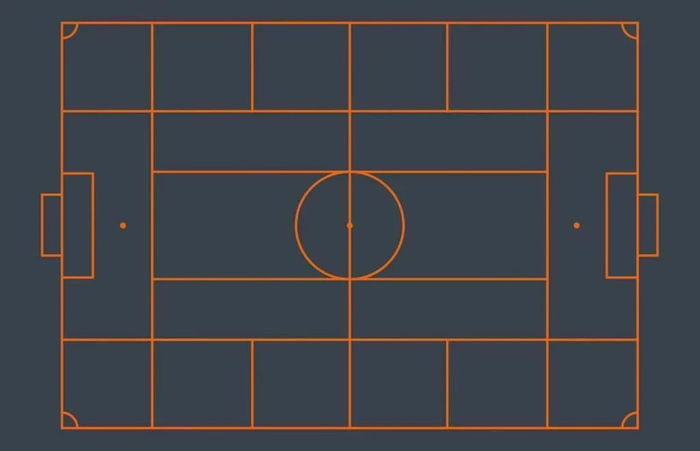
The image above shows a football field divided into sectors, which help organize the players in each place they must play during the match.
Ad
Players respect vertical and horizontal lines, never having more than 3 players in a vertical line, and 2 players in a horizontal line, as shown in the examples below.
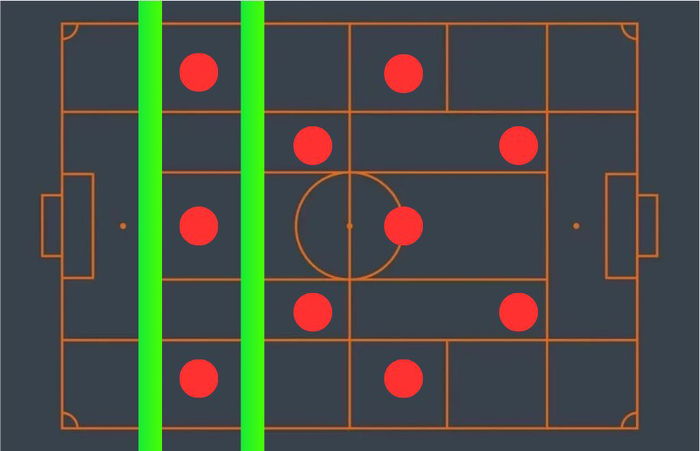
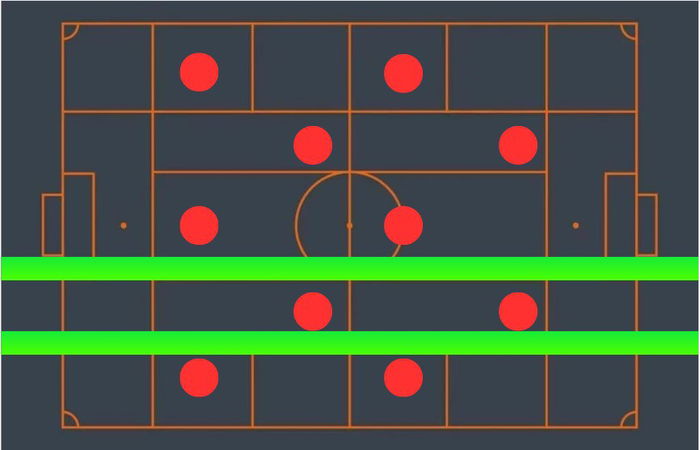
Contrary to what many think, positional football is not “locked” or “stopped” since most of the time, the ball reaches the player, and not the other way around.
In fact, this style of play is quite fluid due to the concept called “Compensation”, basically being the “exchange” of player positions between moves, respecting the rule of not having more than 3 players on the vertical lines and more than 2 on the vertical lines. horizontal.
If a player advances, occupying a sector, breaking the rules of the lines, another player from another sector of the field moves to “compensate” for the other's movement.
In the example below, the player with the ball advances to an already occupied sector, and breaks the positioning rule, so in the second image, the attacking player moves to a different side sector, to compensate for the player's movement. player who has the ball.
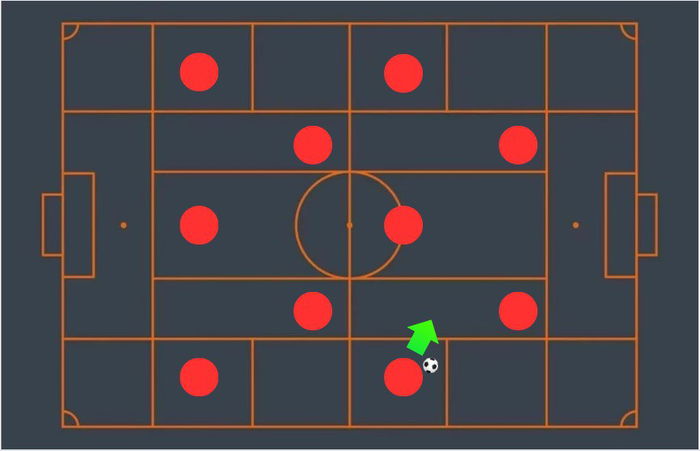
Ad
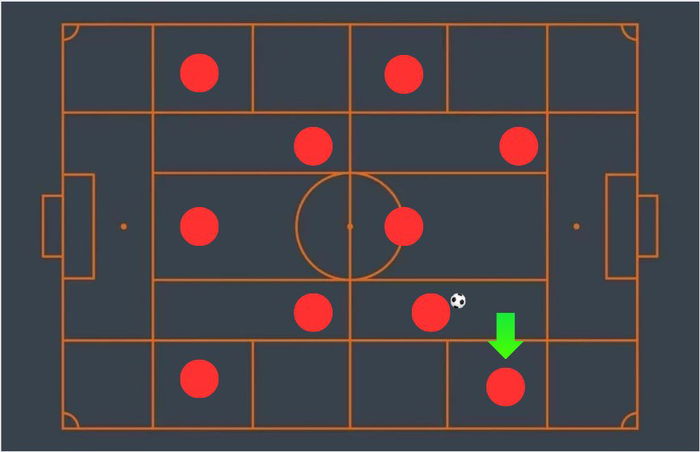
Notice how “Compensation” fixes the field lines, and opens up different passing possibilities for players.
These compensatory movements happen all the time, which is why it is common to see players on the side, in midfield, and vice versa, during the match. This reinforces Johan Cruijff's philosophy of total football, that all players must know how to play all line positions during the match. Because at some point the player will not be able to return to their starting point, as it is already occupied.
Players tend to return to their original positions in dead ball situations.
The Spread of Positional Football
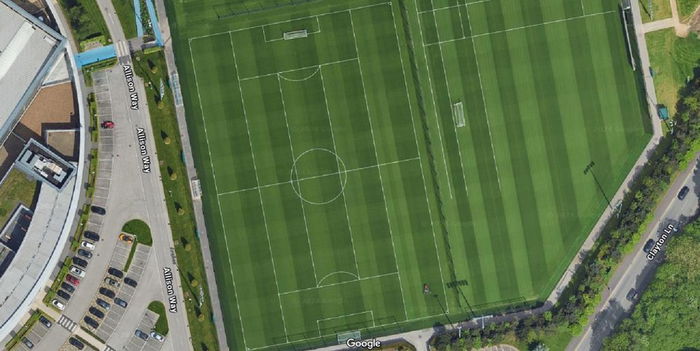
The image above is a satellite photo of Manchester City's training camp, led by Pep Guardiola.
It is clear that the coach actively uses and trains positional football with the English team. This style of play became so famous and successful that it is now almost the norm in European football.
Ad
Gradually, this philosophy has been applied more vigorously in Brazilian football, as we can see in the image below, some clubs in Brazil, such as Fortaleza and São Paulo, are already applying the concepts of positional football in their training.
São Paulo is the current champion of the Brazilian Cup, and Fortaleza is the current runner-up of the Brazilian championship in round 23, (08/23) with one game less than Líder Botafogo.
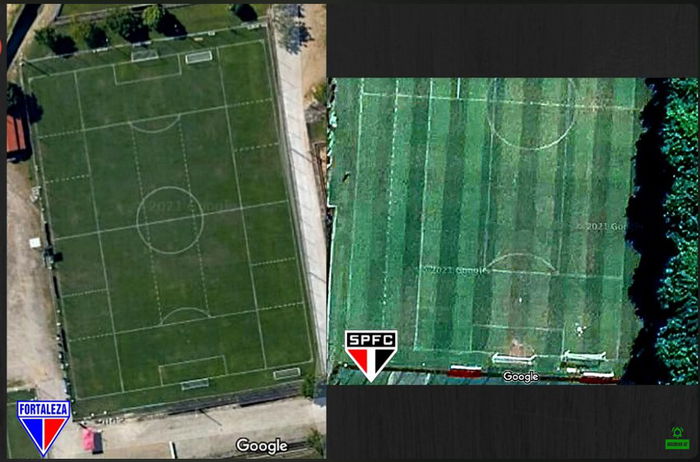
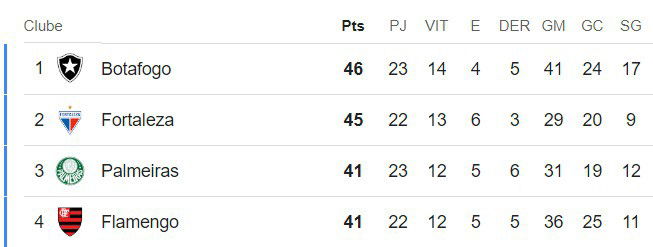
Showing that the fundamentals of Positional Football bear a lot of fruit and are essential for a team to be victorious today.
Conclusion
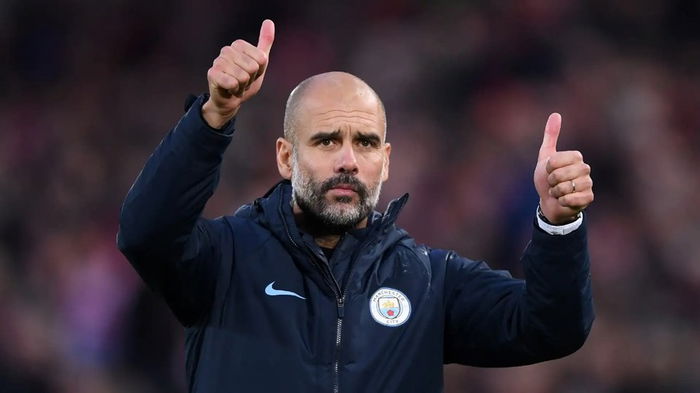
If you've read this far, thank you very much, I hope you had fun and enjoyed the content.
Ad
Don't forget to share this article on social media. Until next time!




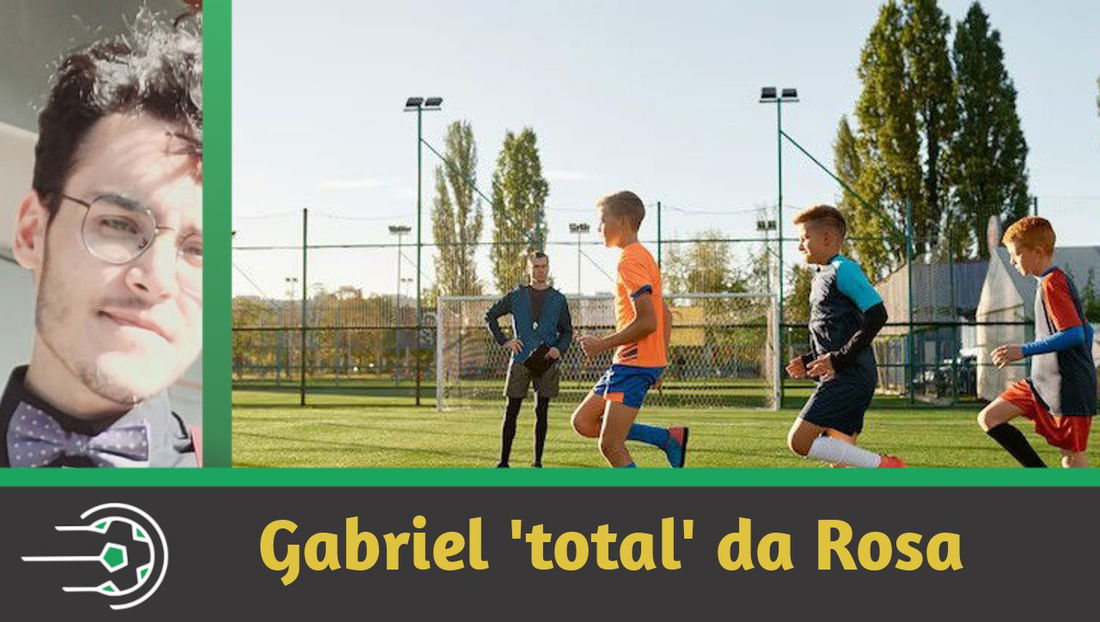
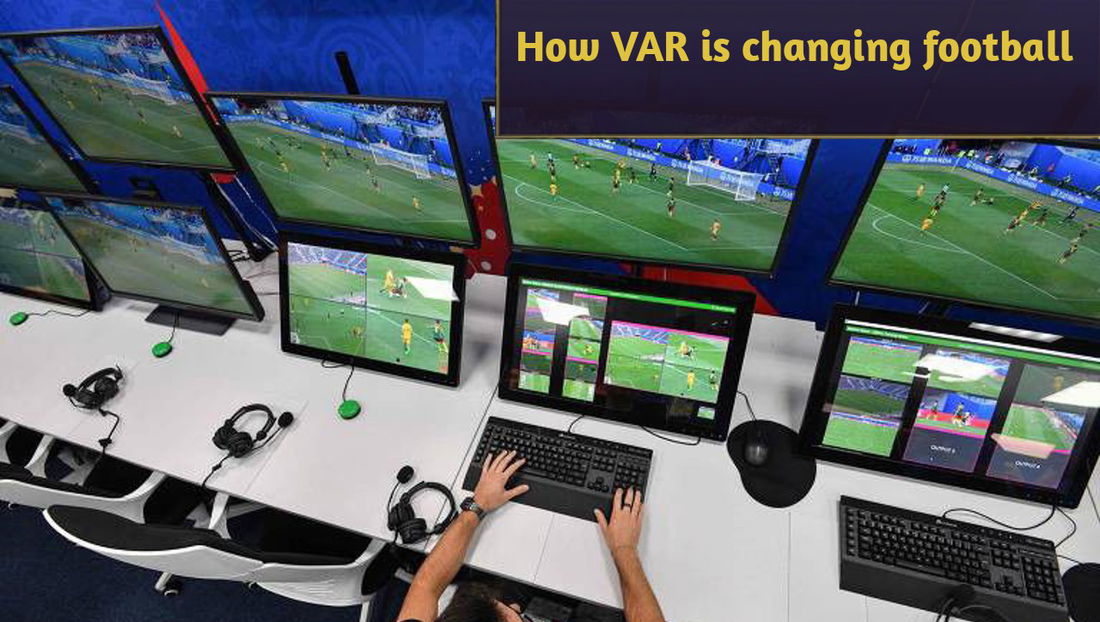



— Comentários
0Seja o primeiro a comentar